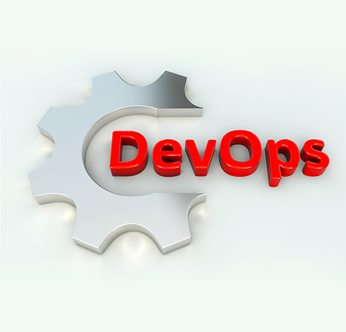Flow Measures for Iterative and Continuous Software Environments

Flow Measures for Iterative and Continuous Software Environments
Objective
CISQ is developing international standards for a new generation of software measures, targeted at both iterative and continuous delivery environments, including traditional software productivity measures evaluating the amount of software produced per unit of labor effort (e.g., lines of code or function points per person-year) and defect flows through development and delivery processes (captures, escapes, lifetimes). With automated DevOps pipelines becoming common, productivity focus must shift to the amount of capability made operational in a timeboxed period compared to the effort involved. This project will borrow concepts from flow measures in lean manufacturing, such as cycle time, work in progress, waiting time, and blockages, to assess software productivity from commitment to operational capability. Such measures will involve aggregation across small batches in a continuous delivery process.
The objectives of this project are to:
- Characterize the automated Agile/DevOps workflow to reveal elements and effects that should be represented in productivity and efficiency measurement frameworks at the work item, project, team, system, IT, and business levels.
- Develop a measurement framework consisting of measures at multiple levels of analysis for characterizing the productivity of work and efficiency of product flows in an Agile/DevOps environment covering the period from development commitment to operational capability.
- Formally specify measures for tracking the flow of defects through iterative or continuous development and releases.
- Validate and adjust flow measures using Agile/DevOps/Continuous Deployment environment.
- Specify the measurement framework and associated measures in OMG metamodels for submission to the OMG standards approval process.
- Submit the measurement standard through OMG's fast-track to ISO as a Publicly Available Standard.
- Develop guidelines for implementing the measurement framework.
Timetable
This project began in January 2021 with a presentation of an initial specification to OMG targeted for 2022. Initial project activities include:
- Scoping the project – Selecting the scope of activities to be measured and breaking the project into phases based on levels of granularity in the measures to be developed.
- Definition of concepts – Clarifying definitions of the elements in iterative and continuous processes that will be the measurement objects.
- Delineation of measures – Definition and formal specification of the initial set of measures.
Participation
Sponsor organizations of CISQ are invited to participate and contribute to the specifications. You can learn more about sponsorship and contact us to discuss sponsorship opportunities.
